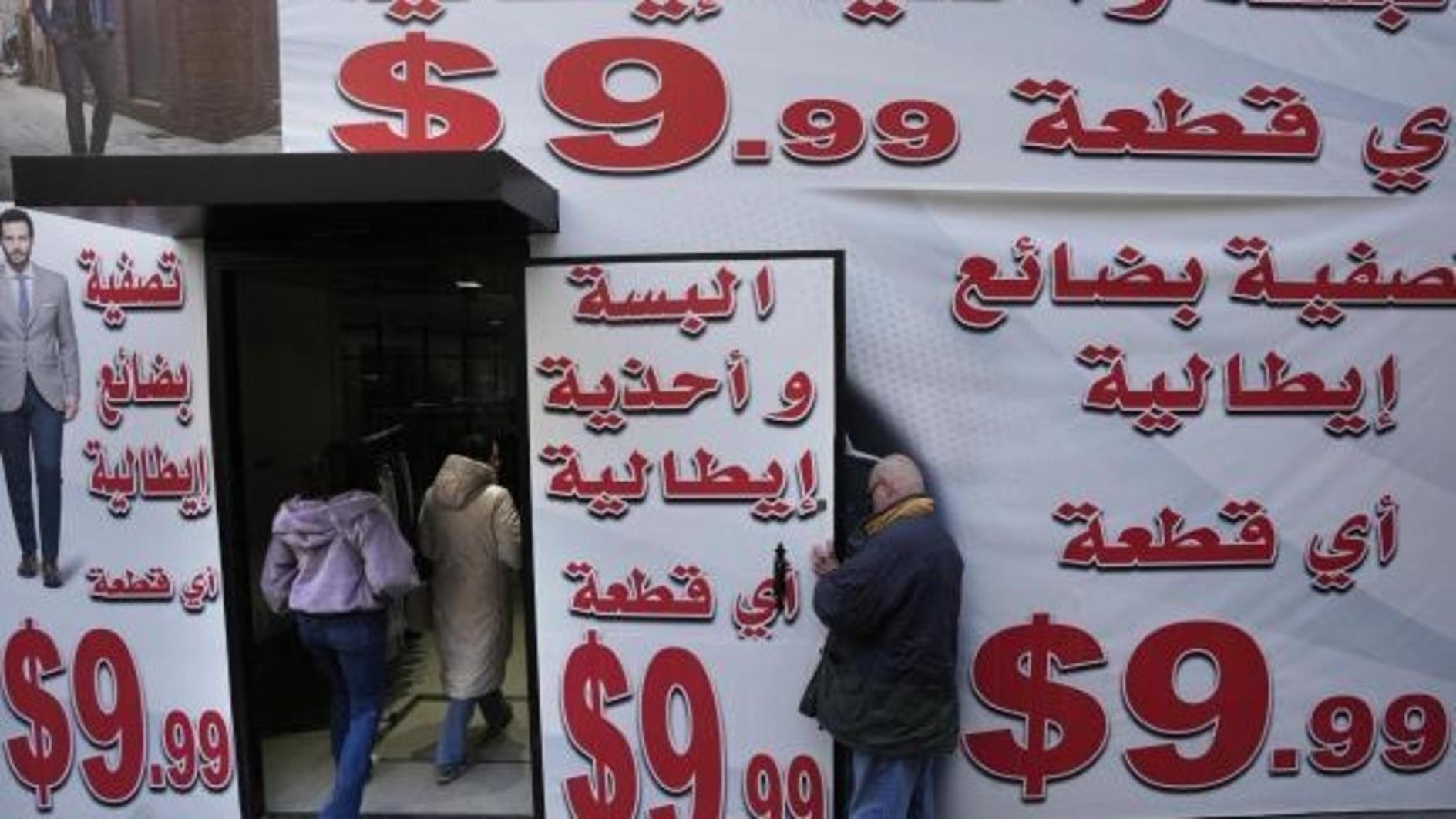Brazil court hits Rousseff again, fueling impeachment talk
BRASILIA - Agence France-Presse

Brazil's President Dilma Rousseff looks on during the launch ceremony of the "Olympic Year for Tourism" in Brasilia, Brazil October 7, 2015. Reuters Photo
Brazil's President Dilma Rousseff suffered a new setback Oct. 7 when a court declared her government's accounting practices were illegal, handing ammunition to opponents threatening impeachment proceedings.The Federal Accounts Court or TCU's ruling was the latest blow for Rousseff, who is less than a year into her second term.
The court said that her government's accounting practices in 2014, including taking what amounted to unauthorized loans from state-owned banks to make up for budget shortfalls, broke the law.
"The accounts are not in a condition where they can be approved. We recommend their rejection," the lead judge, Augusto Nardes, said after the court's panel voted unanimously.
After the ruling, Rousseff's office issued a statement defending the accounting. "The federal government's technical and judicial offices are fully convinced that there are no legal motives to reject the accounts," it read.
The government says it did nothing illegal and that it was merely juggling funds in line with previous practice.
The ruling, which next goes to Congress, is likely to be used as ammunition by Rousseff's congressional opponents, led by the scandal-plagued speaker of the lower house, Eduardo Cunha, who has repeatedly threatened to push for impeachment.
Late Tuesday, another judicial body, the electoral court, or TSE, ruled in favor of probing alleged illegalities in Rousseff's 2014 re-election campaign.
That ruling will not immediately lead to sanctions, but will open the door to a messy legal and political battle that in theory could result in Rousseff's narrow 2014 victory being declared invalid -- and new elections being held.
Especially worrying for Rousseff was that one of the allegations in the complaint brought to the TSE by the opposition PSDB party was that some donations to the president's re-election coffers were linked to the massive Petrobras corruption scandal shaking the country.
Rousseff chaired Petrobras, the state oil giant, during the main period of the kickback and political payoff scandal that cost the company more than $2 billion in 2014.
But the scandal -- which has already seen dozens of politicians, high-ranking executives and lobbyists accused of corruption -- has so far left Rousseff relatively unscathed.
Now facing two legal assaults and with the country plunged into steep recession, the president's rule is on a cliff edge.
According to the latest opinion poll, approval for Rousseff, from the long-dominant Workers' Party (PT), is at just 10 percent.
The government had made a failed last-ditch attempt to delay the Oct. 7 session at the TCU, appealing the Supreme Court over lead judge Nardes' alleged lack of impartiality.
The rejection of the legality of the government accounts was the first such ruling since 1937, when the previous year's accounts were thrown out, officials said.
The Oct. 6 ruling by the TSE electoral court, meanwhile, was the first time the court has opened such a probe against a sitting president.
The complaint to the election court against Rousseff and her vice president Michel Temer alleged that they engaged in "abuse of economic power, and of fraud, by funding campaign expenses... with donations from Petrobras contractor companies as part of the bribes distribution."
With Brazilian politics in so much upheaval, analysts say that the possible fallout from the court proceedings is hard to predict, as is the likelihood of Rousseff being forced from office.
It would take 342 of the 513 members of Brazil's chamber of deputies to open a impeachment process against Rousseff - which given her unpopularity is a number easily reached.
However if the grounds for impeachment are insufficient Rousseff might just be reprimanded, said Michael Mohallem, a law professor at the Getulio Vargas Foundation in Rio de Janeiro.
"Even if Congress reprimanded her, that doesn't imply that there will be an impeachment," Mohallem told AFP. "It's throwing fuel on the fire, but it isn't automatic."
Further muddying the waters, her nemesis, Cunha, is himself fighting allegations that he took a $5 million bribe in the Petrobras scheme and is hiding money in Swiss bank accounts.
















